Small dogs have become a popular fashion accessory for celebrities, but they make great indoor pets for kids. They are small in stature, but they more than make up for it with their playfulness and personality. Choosing the right small breed for your family depends on many factors, including your lifestyle, children’s age, and the size of your home.
There are multiple small dog breeds and each one has several pros and cons. The following guide will help you choose a breed that’s the right fit for your family.
1. Maltese
The first dog breed to appear on our best small dog breeds for indoor pets list is Maltese. This breed doesn’t shed much, so it’s an excellent choice if you have pet hair and allergies issues.
You can easily identify Maltese by its straight and long white coat, which you’ll have to groom regularly to keep in tip-top shape.
They’re friendly dogs and get along well with other dogs and cats. However, since this dog will need consistent human contact, it’s not a wise choice not to commit a lot of time to pet care.
Keep your Maltese close but don’t lavish too much attention on your pet, as it could lead to behavior disorders.
More: 10 Table Foods Pets Shouldn’t Eat
A miniature and fragile lapdog can be entrusted to children over ten. Adult kids will treat the dog correctly and not injure or offend the delicate and fragile creature. With proper upbringing, they are peaceful and condescending to the visits of strangers and unfamiliar dogs.
2. Boston Terrier
Boston terriers make terrific family pets as they bond well with children. Friendly, restless, and ready to give attention to everyone and everyone, he is devoid of such qualities as aggressiveness or anger. They do not bully and fluffy feathered pets living with them in the house.
In addition, it’s a cost-saving choice because they won’t need constant grooming and won’t shed much hair on your furniture. Brush once or twice a week to remove excess hair, and you’ll reduce shedding. Training might be necessary if your terrier tends to chew on your furniture, shoes, and other valuables.
The Boston Terrier is one of the best small dog breeds for indoor pets but requires regular, moderate exercise. It is enough to walk with the terrier two times a day for half an hour.
More: 9 Unique Dog Breeds You May Never Come Across
3. Pugs
Pugs are kind and friendly and love to play. But, at the same time, they do not differ in excessive activity, and they like to take a nap. These dogs are intelligent and easy to train. But be prepared: they could be headstrong but are generally willing to please.
With short legs, wrinkled faces, and lovable personalities, pugs make excellent companions, as, by nature, pugs are partners, get along well with all family members, and love children.
Pomeranians are usually unpretentious in content, although they are sometimes picky eaters. They are not prone to obesity, probably due to their high activity level.
A major downside is that they shed a lot, so don’t get one if you have a new baby at home. The double coat requires regular grooming once or twice a week, with daily brushing during the shedding season.
More: 10 Best Dog Breeds for Children
4. Pomeranian
Pomeranians are mellow and gentle. This small dog breed for indoor is distinguished by high intelligence and a lively and playful character. Adult dogs of this breed make excellent companions, although they may sometimes try to dominate. Pets of this breed constantly require attention.
These dogs are generally fun and friendly and usually get along well with other pets. However, care must be taken when taking a toy breed dog into a home with large dogs that can accidentally injure a pomeranian.
However, they make a fantastic addition to households with children as long as you get a puppy.
Pomeranians are usually unpretentious in content, although they are sometimes picky eaters. They are not prone to obesity, probably due to their high activity level.
A major downside is that they shed a lot, so don’t get one if you have a new baby at home. The double coat requires regular grooming once or twice a week, with daily brushing during the shedding season.
More: 10 Most Popular Myths about Dogs
5. Chihuahua
The breed is common due to its toy appearance and relative ease of maintenance. Intelligent, quick-witted, loyal, active, and courageous, wonderful companions and pets will become true friends and reliable protectors.
However, don’t be deceived by the Chihuahua‘s meek appearance; they’re sassy and unpredictable, and they’ll nip at kids when disturbed, so don’t get one if you have small children in the household.
They’ll also bark incessantly if they sense a new dog in the building and will demand a lot of your attention.
After a proper introduction, the upsides are their fierce loyalty to their owners and the ability to get along with cats. With the right approach to training and socialization, the owner will raise an obedient and friendly pet.
More: 10 Interesting Facts about Chihuahuas
6. Miniature Schnauzer
The diminutive size of this dog makes it an ideal pet in apartments of any size. In addition, this breed is sassy, curious, playful, and not as aggressive as a typical terrier, so it’s an excellent choice for kids.
Your kids will enjoy petting and interacting with this active dog, and the Miniature Schnauzer will return the affection without reservations.
Despite its cute appearance, this dog needs training and regular exercise. Smart and curious, miniature schnauzers absorb information easily.
However, the training and upbringing of such independent dogs must be persistent, patient, and necessarily friendly. These dogs need attention. Otherwise, they will be sad and may become depressed.
More: 10 Tips for Bringing a New Puppy Home
7. Shih Tzu
Shih Tzu are gentle, affectionate, and loving dogs. In puppyhood, they are incredibly active, curious, and playful. After a year, they become more seasoned but remain alive until old age.
Consider getting a Shih Tzu if you want a loyal and lovable friend. These were bred for companionship, which is fitting because their gentle and friendly demeanor is perfect if you have small children at home.
They are cheerful and unobtrusive, subtly capturing the owner’s mood and adopting his lifestyle.
Keeping Shih Tzu is unpretentious. They get along perfectly in high-rise buildings – even a one-room studio apartment will seem like a luxury apartment to a dog.
They don’t shed much, but the dense coat needs regular grooming to prevent matting.
More: 10 Ways Pets Improve Your Health
8. Miniature Poodle
The miniature or toy poodle is ideal for keeping in an apartment. Due to its small size, it does not take up much space. The breed is also popular because of its attractive appearance and extraordinary mind. This is a devoted companion who will give you many fun minutes.
Miniature poodles are susceptible and shy, so they are best suited to a single owner until they get used to being around people. This breed gets along well with other dogs, children, and a few other pets as long as there is a proper introduction and time allowed to overcome their initial shyness.
Miniature poodles are unpretentious and adapt to any conditions. Get a groomer to cut your poodle’s coat in your preferred style. Brushing your pet several times a week will help prevent tangles and ensure an attractive appearance.
9. Papillons
One of the most overlooked dog breeds in terms of making good indoor pets is Papillons. Due to their high intelligence, sensitivity, and compassion towards people, Papillons are usually used as seizure alert and therapy dogs.
They are not capricious, quickly adapt to life in small apartments and private houses, and are loyal to children. Papillon does not see a personal enemy in every stranger who steps on his territory and does not raise a fuss over trifles.
Since Papillons are easy to train, they’re often used as show dogs as well. In addition, Papillons don’t shed too often and don’t suffer from skin allergies.
10. Pekingese
Pekingese is an incredibly loving dog that requires little exercise, though it likes a great walk. These dogs make lovely lap dogs, yet they also enjoy doing their own things. I have a Pekingese dog, one of the best small indoor pets I have ever had.
These dogs are loving, protective, and great with kids. The Pekingese is ready to protect the owner, even from a large dog or person, regardless of the physical superiority of the opponent or the risk of injury.
Dogs of this breed are easy to care for. Of course, given this appearance, there are still some features. They don’t shed that often, though you must brush their hair at least once a month.
Pekingese may take longer to house-train than other dogs, but they are easy to care for and great to play with.
More: 10 Housetraining Tips for First-Time Puppy Owners
11. French Bulldog
French Bulldogs are playful and perky but not overly active dogs that become very attached to their owners. They are playful and funny, always ready to play with the ball, and at night they sleep at the feet of their owners.
The French Bulldog breed is great for both the elderly and young people. They will become good companions for both single and family people, especially with children. Moreover, they quickly get along with other pets.
If you decide that such a companion dog should join the ranks of family members, then carefully consider the maintenance and care, especially since it is entirely unpretentious.
French Bulldogs do not require a huge amount of time in terms of grooming.
12. Yorkshire Terrier
Due to its small size, the Yorkshire Terrier is just perfect for a city apartment. They are always cheerful and playful and get along well with other pets and small children.
In addition, Yorkshire Terriers are very attached to their owner. Yorkies are brave dogs, ready to defend their home and master without hesitation. These pets are bright and well-trainable.
Dogs of this breed are unpretentious in care, so without a doubt, they can be recommended to buyers with no experience in keeping pets.
However, a lot of attention requires the appearance and balanced nutrition of the dog. Therefore, the care of the Yorkshire Terrier necessarily includes visits to the veterinarian and groomer.
These are just twelve of the world’s small dog breeds for indoor. They’re loyal, friendly, and require minimum upkeep, so they generally make for delightful indoor pets.
Whatever breed you eventually choose, make sure you shower the dog with love, and you’ll be rewarded with the dog’s unconditional love and loyalty.
You’ll need to exercise patience as you take the dog through the first few weeks of house training, but after that, everything should fall into place. Choosing the right indoor pet and pet ownership will be exciting and rewarding.
Below, we have compiled a list of the most interesting questions about best small dog breeds for indoor pets:

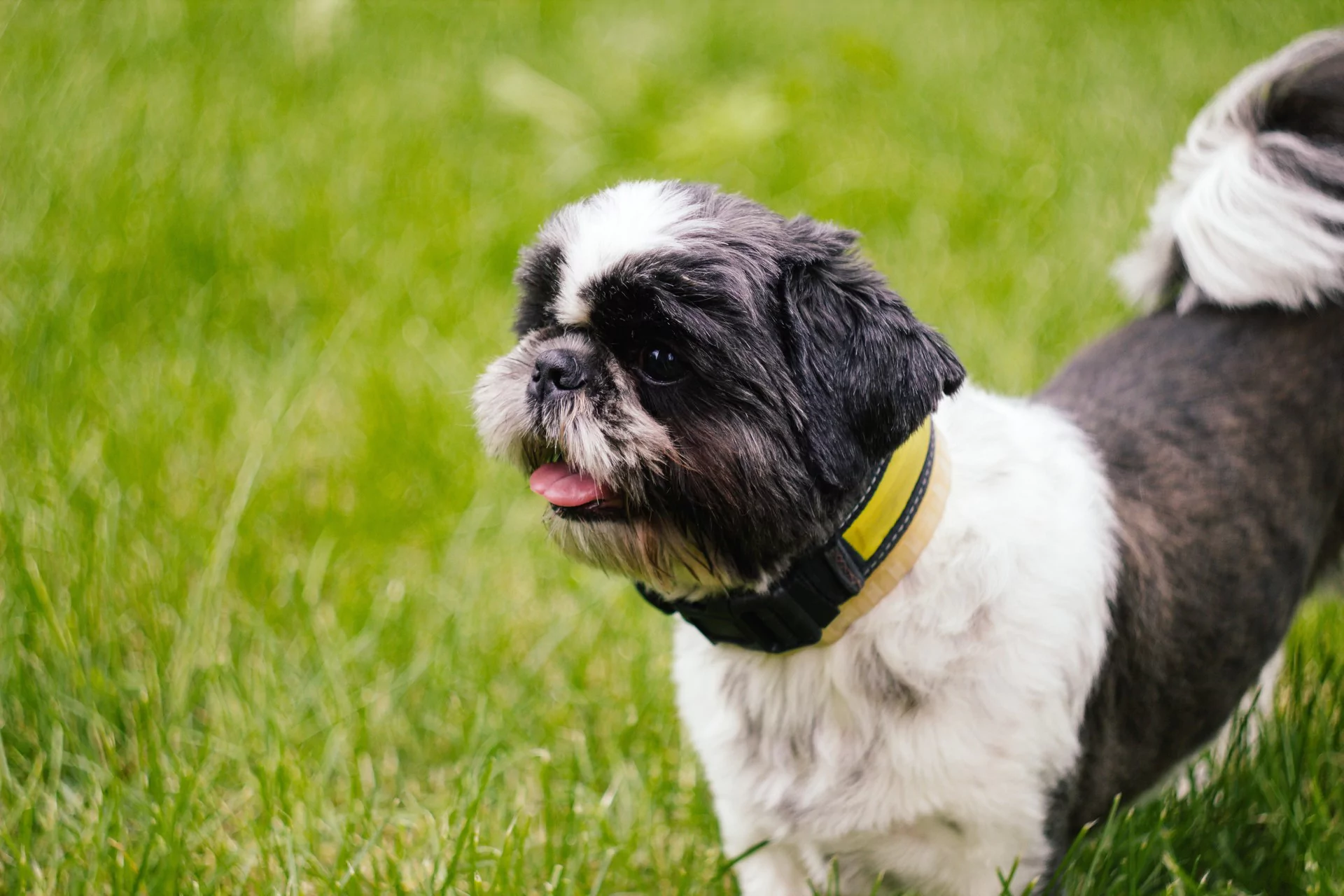
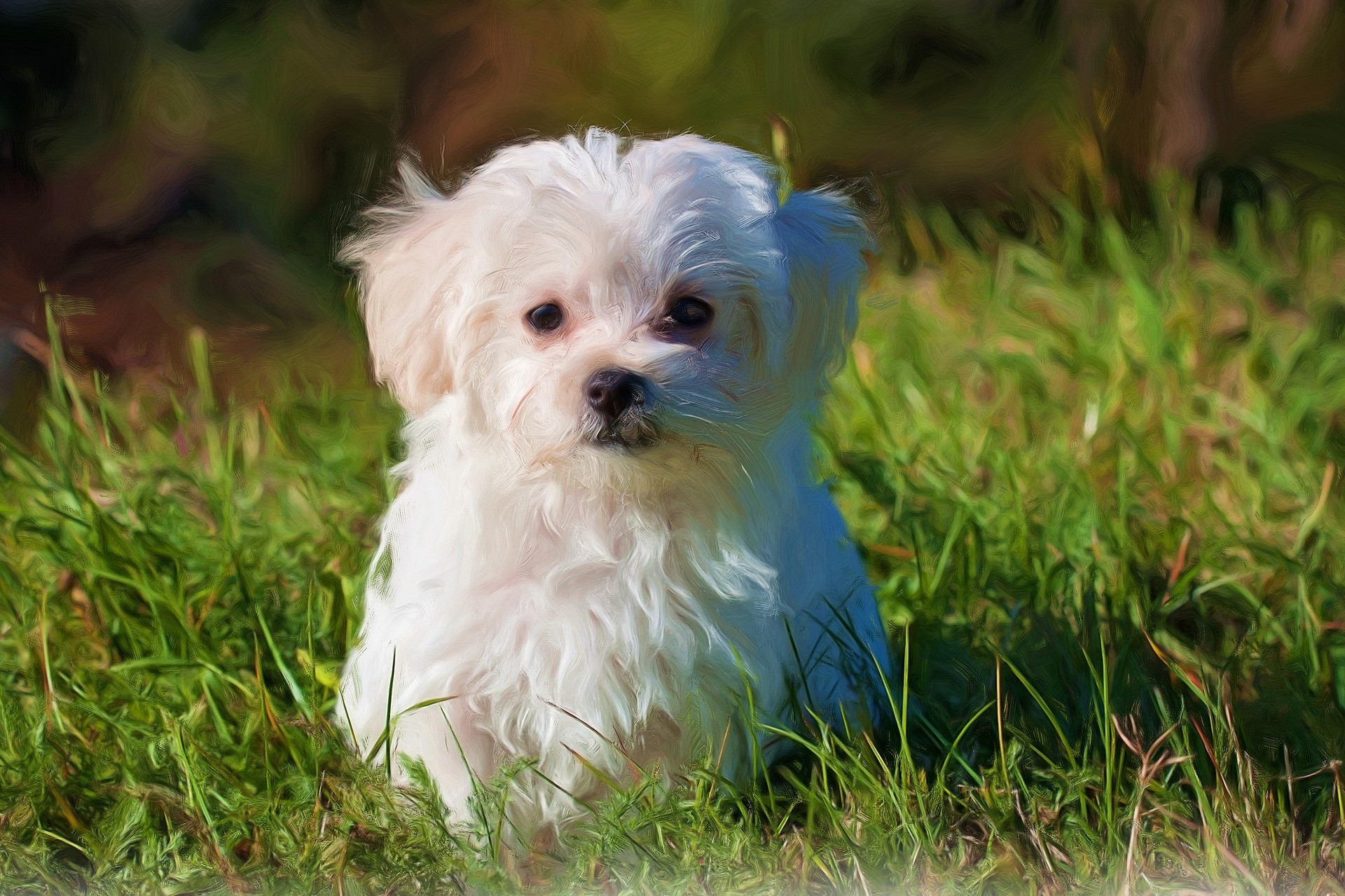
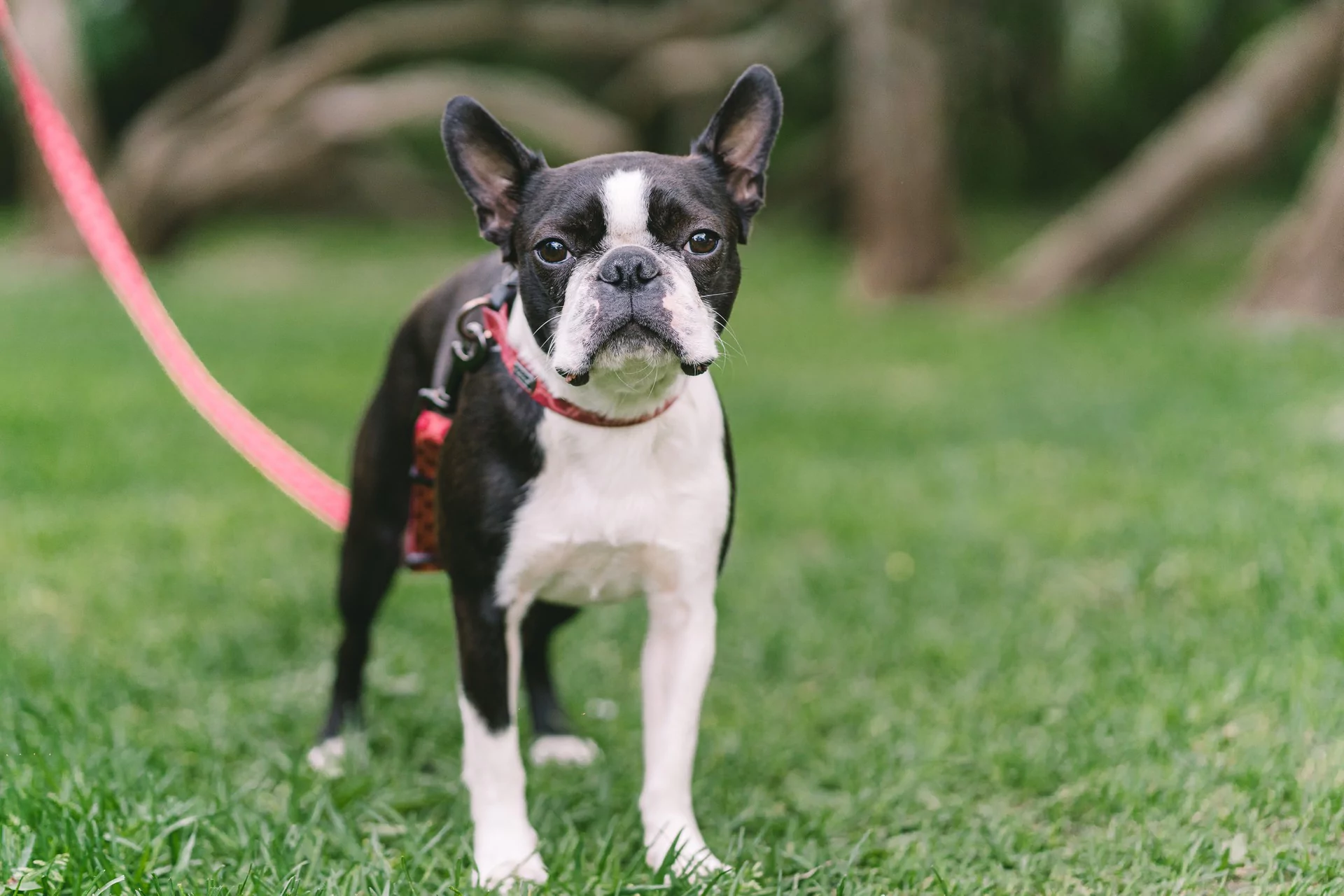
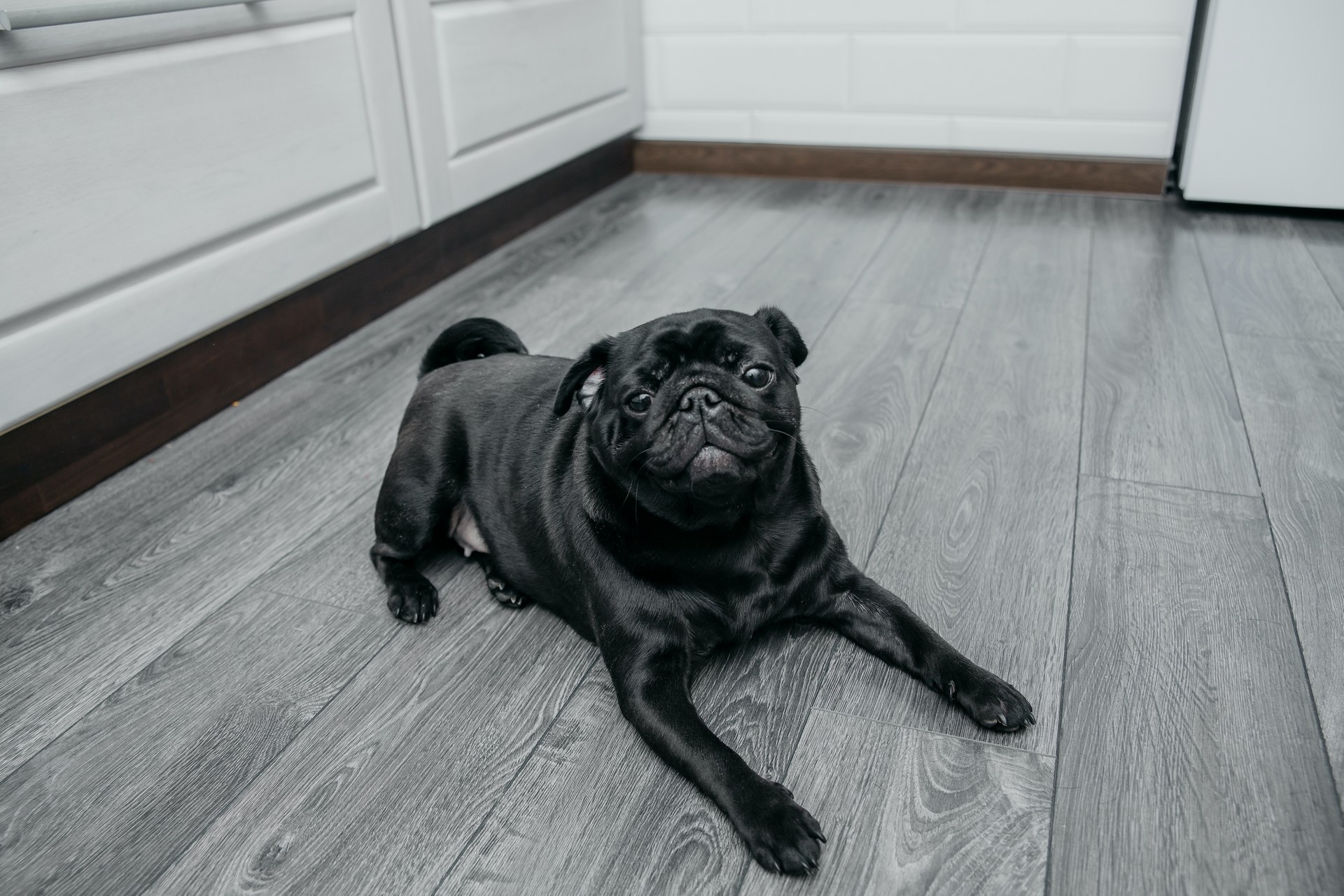
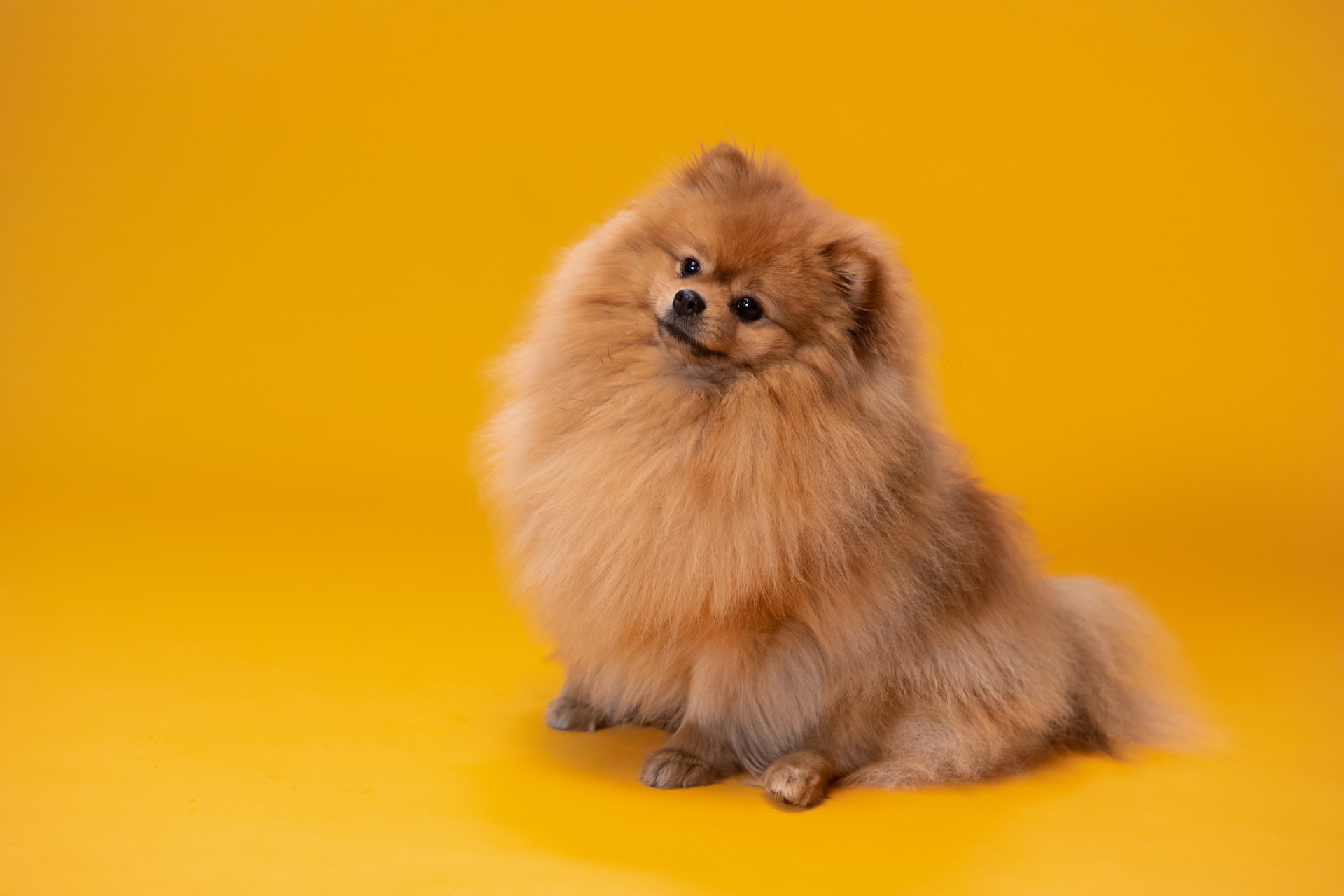

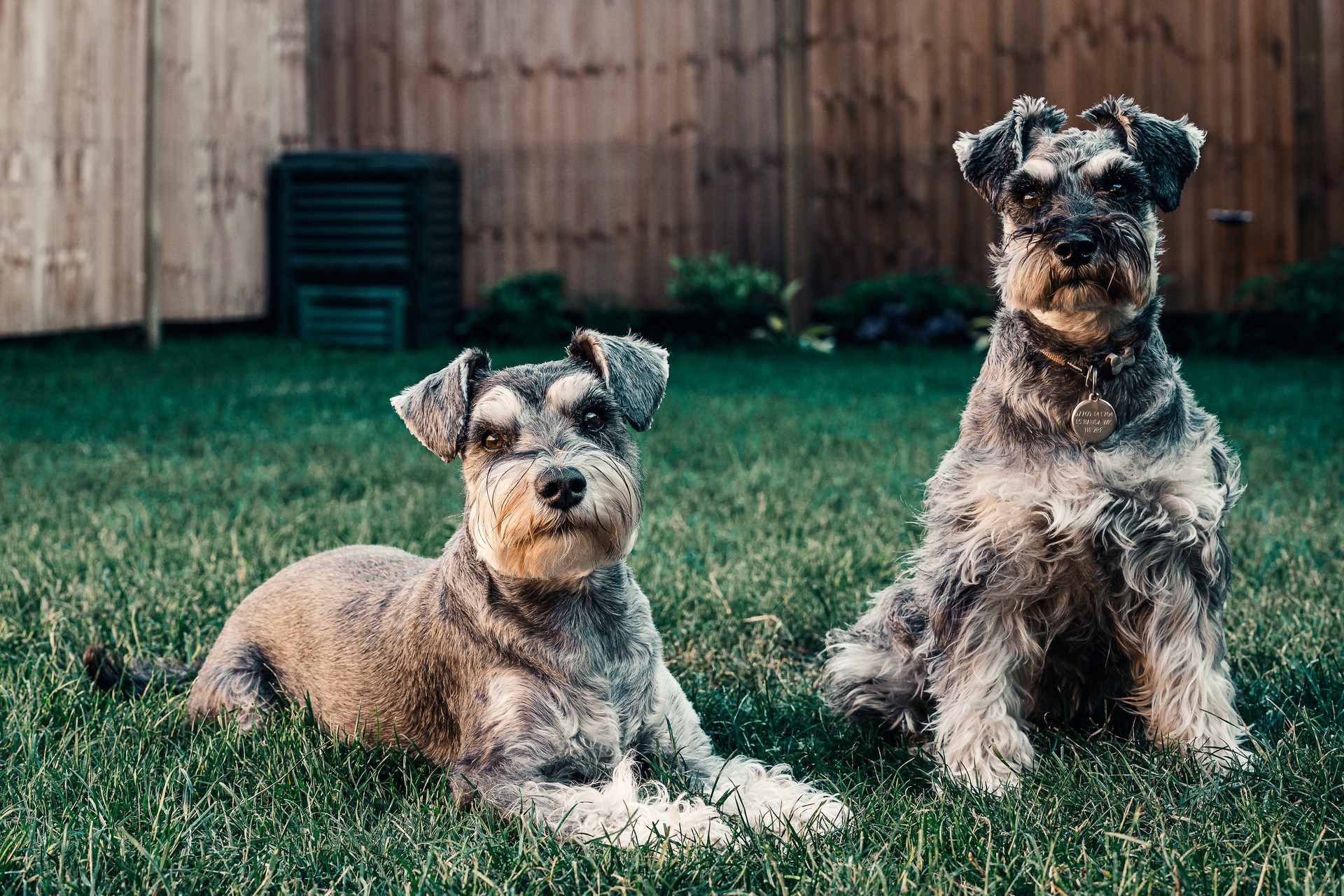
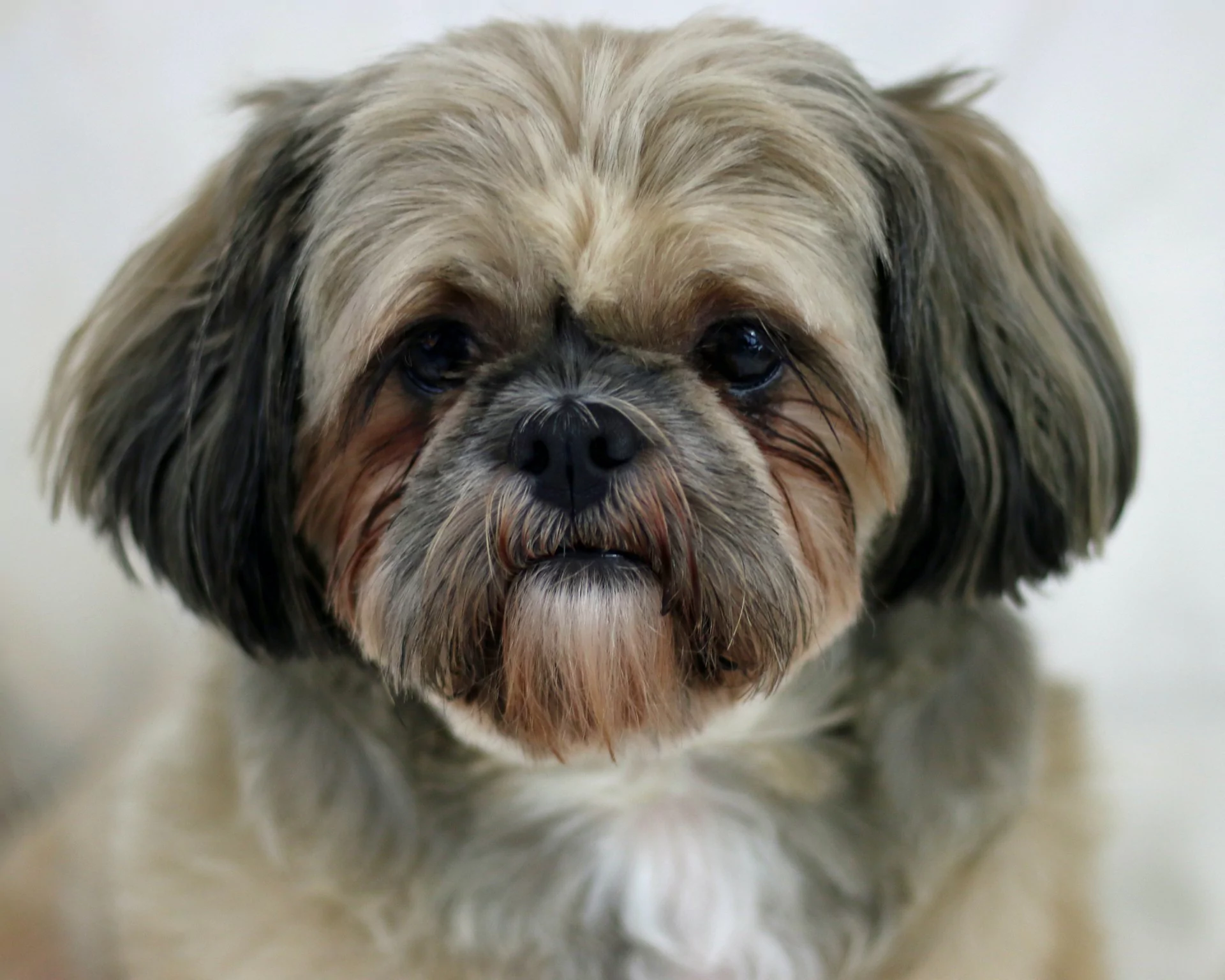
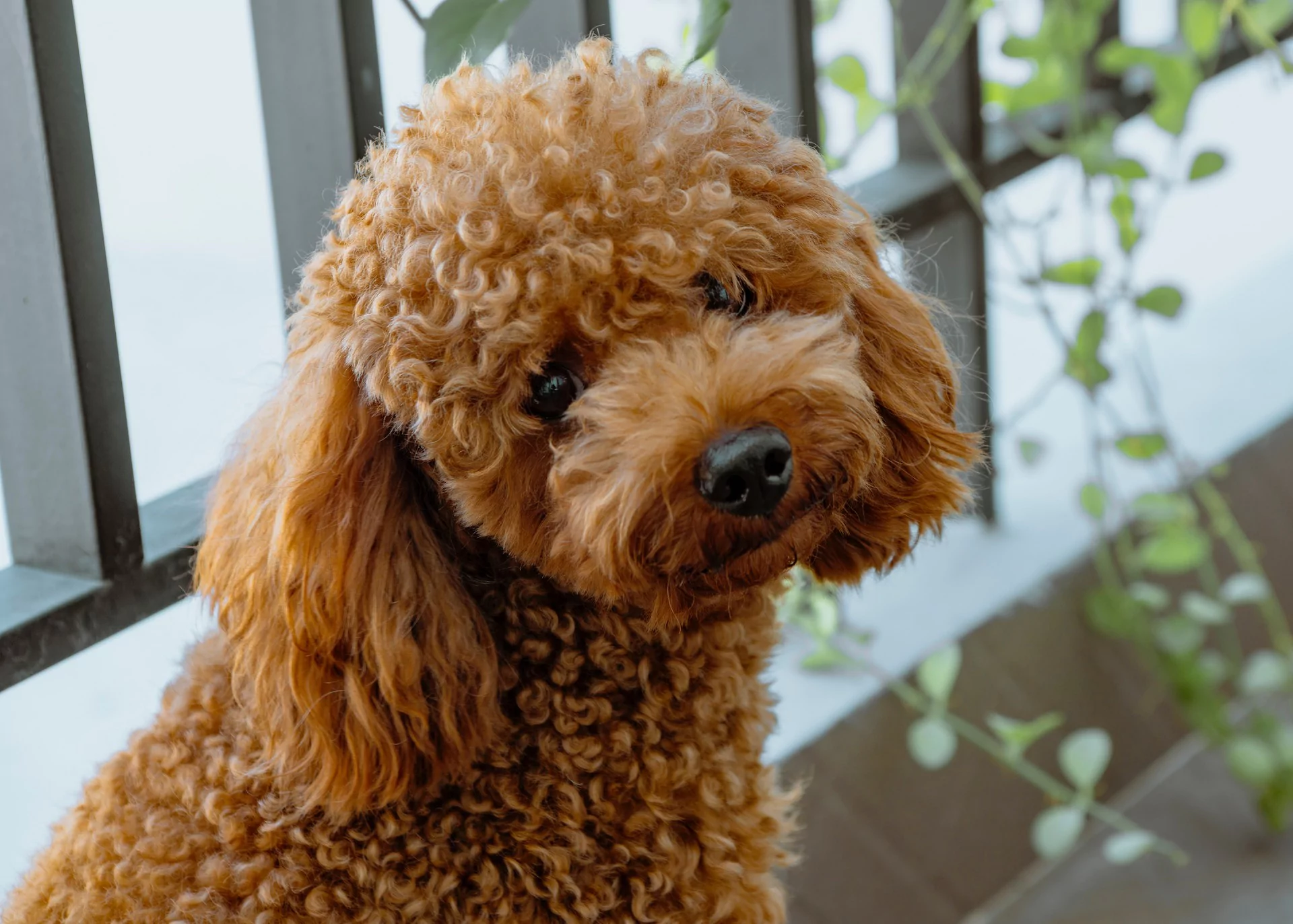
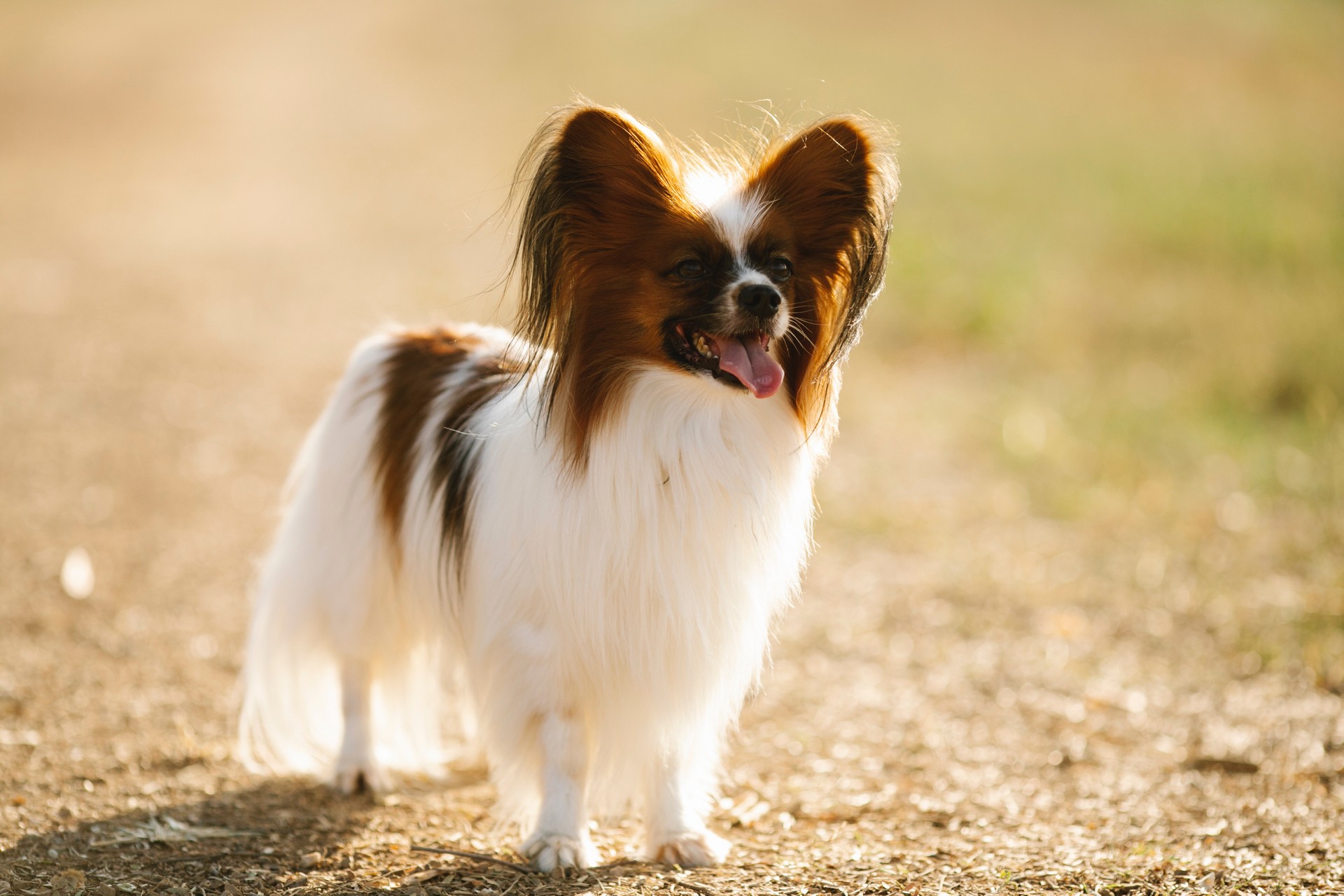
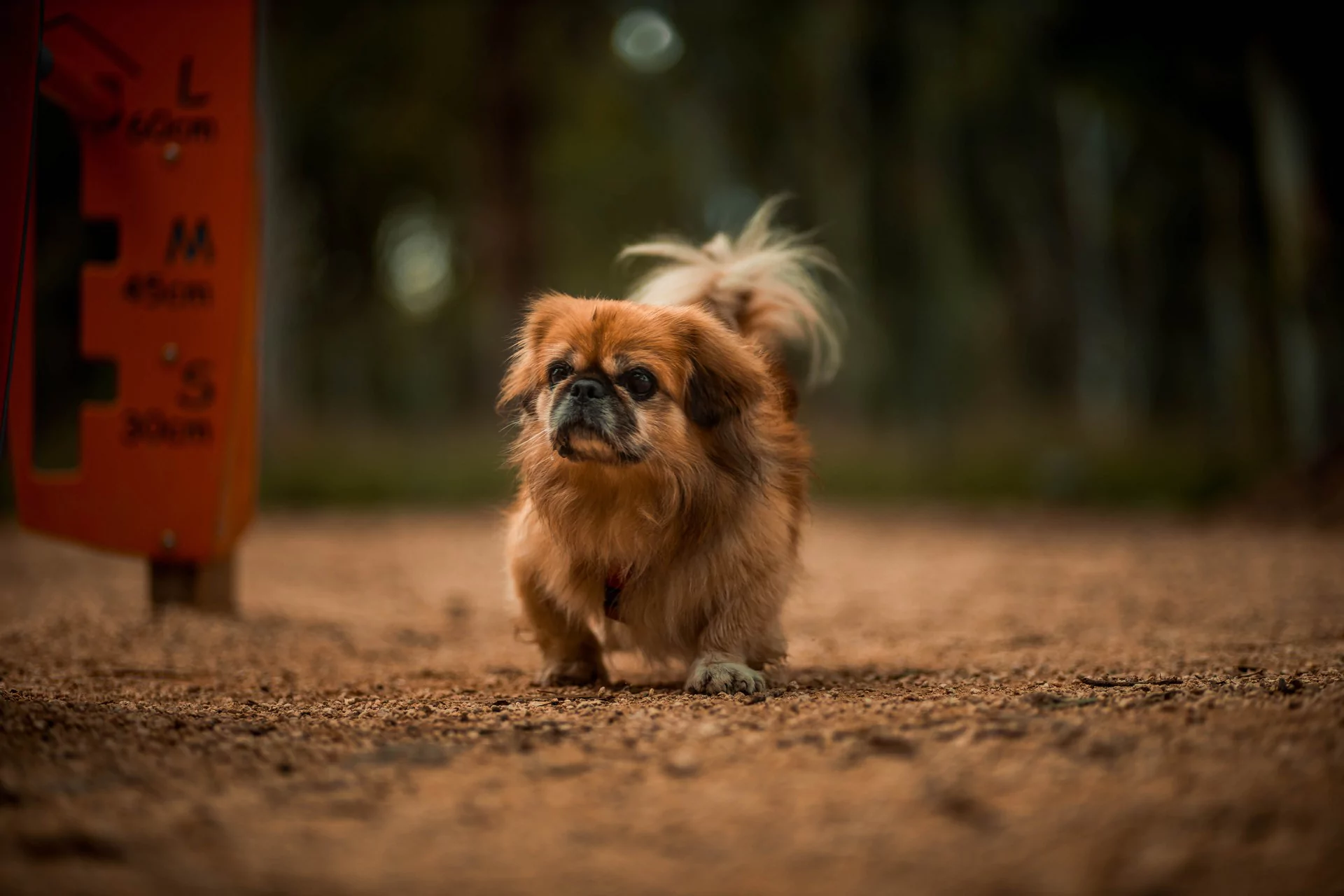
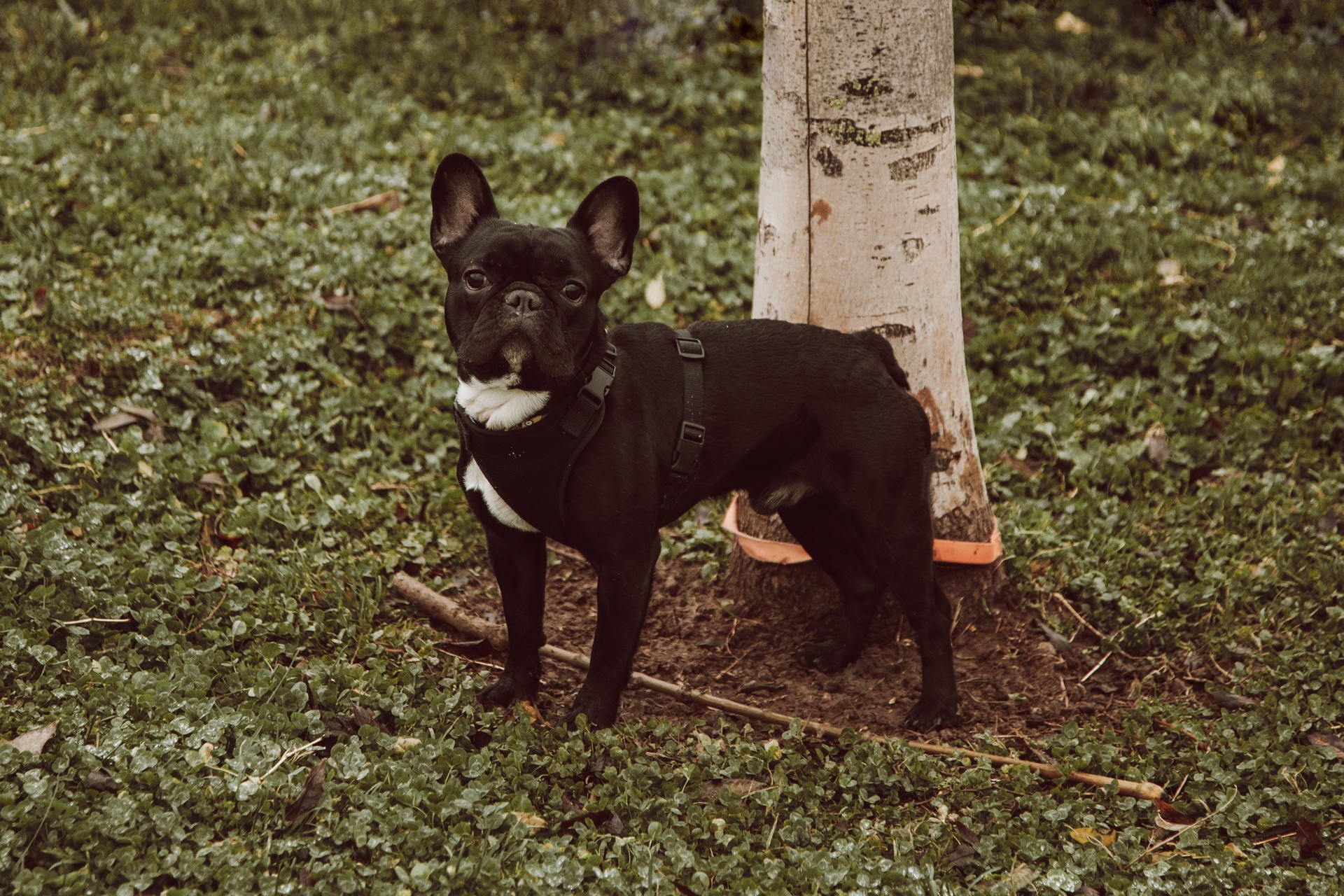
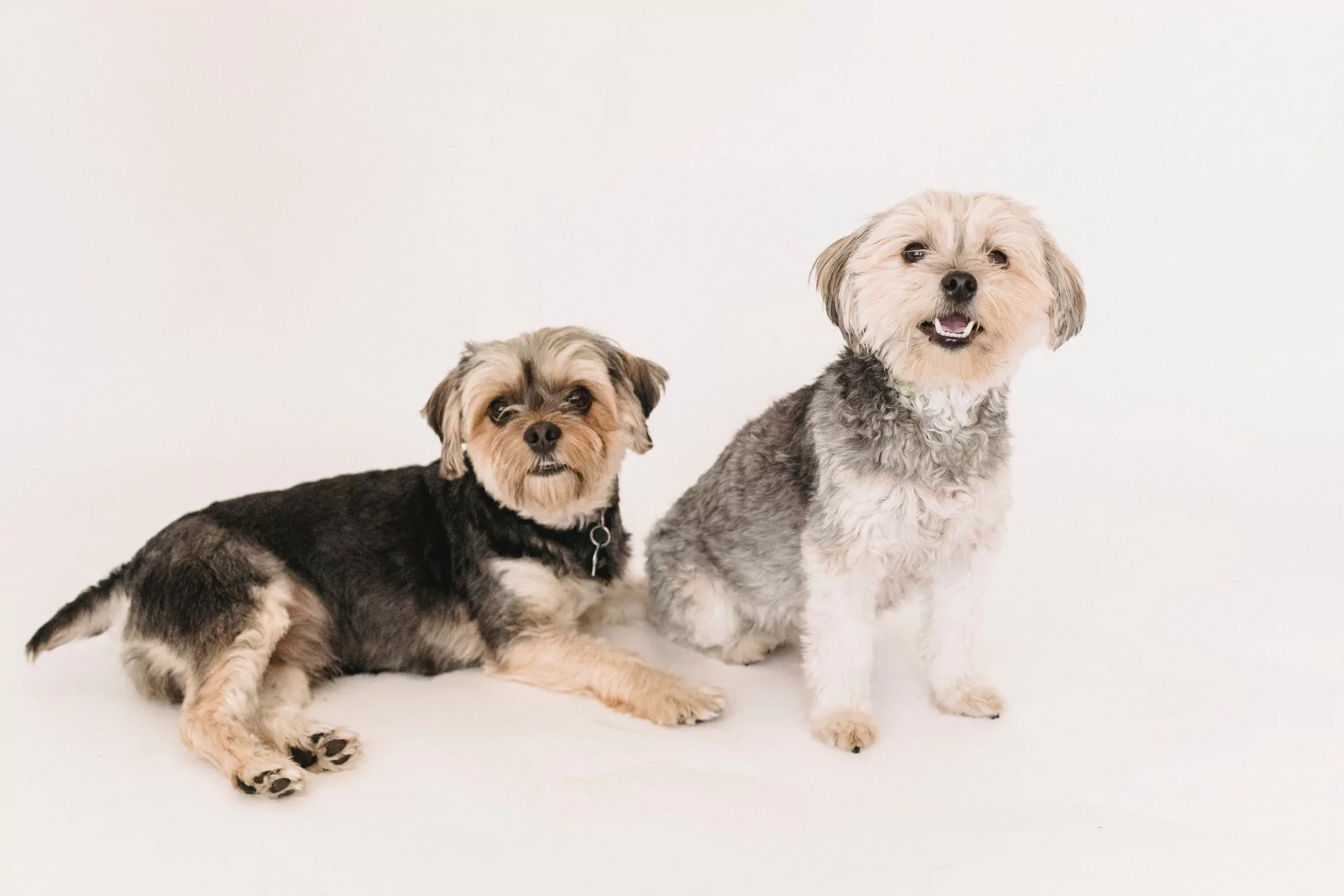




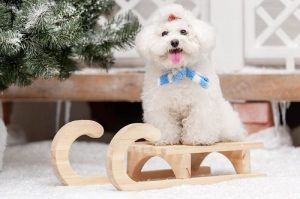

Comments